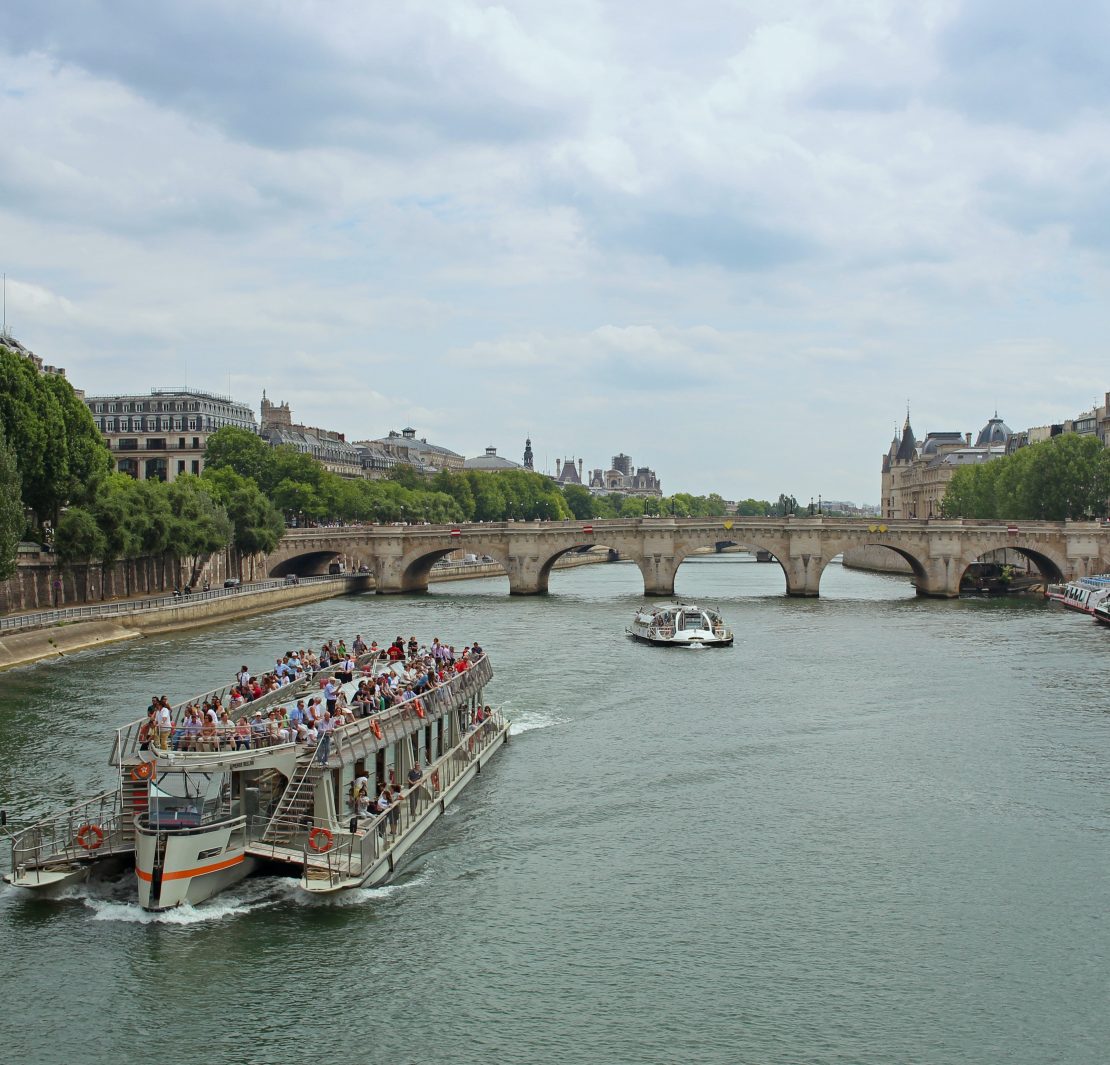In preparation for the 2024 Olympics, Paris undertook a historic clean-up of the infamous river Seine – which many have hailed as a monumental success.
For the first time in 100 years, swimmers, divers and even the general public will get to dip their toes in the river thanks to the €1.4bn regeneration project. The implementation of the regeneration project has already created a positive impact on the river’s water quality and ecosystem. Alongside hosting the triathlon, marathon swimming, and Para-triathlon events during the 2024 Olympics and Paralympics, Parisian authorities plan to establish three open-air swimming areas accessible from the quayside by 2025.
Authorities banned swimming in the river a century ago because of the filthy water from upstream industrial sewage and the sanitation demands of a burgeoning population. The river’s aquatic life had suffered significantly, with only three fish species remaining in the 1960s. While an annual Christmas cross-river competition survived until World War Two, authorities officially banned swimming in 1923 to safeguard public health.
One of the primary issues was the outdated “single-system” drainage infrastructure from the 19th century, combining wastewater from kitchens, bathrooms, and toilets. During heavy rain, the system became overwhelmed, necessitating the discharge of excess water into the Seine to prevent flooding in homes. As a solution, authorities constructed a massive underground reservoir capable of holding water equivalent to 20 Olympic swimming pools. Though not entirely foolproof, this reservoir significantly reduces the risk of overflow during rare extreme weather events. And while much of the river is now clean, authorities still have a severe rat problem to tackle before they can truly convince the general public that the river is safe.
The reservoir will be up and running by this time next year, which is also when the opening ceremony for the 2024 Olympics will take place in the river. For the first time in Olympics history, the opening ceremony will take place outside the main athletics stadium, with competitors and officials set to travel through Paris on a flotilla of more than 100 vessels. The 80-day relay will see the torch carried from Greece by boat to the southern port of Marseille before featuring at the famed Mont Saint Michel in northern France, the Chateau de Versailles and the French Caribbean.
The Paris Olympics, set to take place from July 26 to August 11, 2024, will mark the third time that Paris has hosted the Olympic Games. The first was in 1900 and the last was almost a century ago in 1924. In the space of 100 years, some sports have ceased to be part of the Olympic program, including fishing and angling – which unlike swimming in the Seine – won’t be making a comeback. Paris 1924 was also the last time tennis featured on the Olympic programme until it returned during the Seoul 1988 games.





Warning: Use of undefined constant ‘url’ - assumed '‘url’' (this will throw an Error in a future version of PHP) in /var/www/html/wp-content/themes/theissue/functions.php on line 143